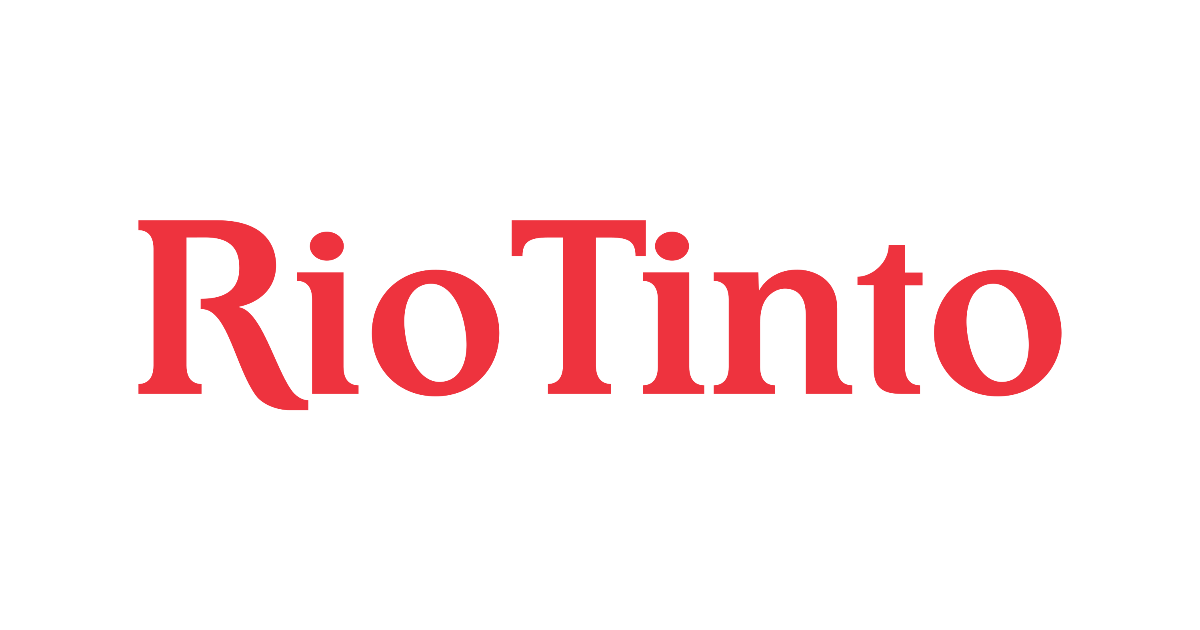
Rio Tinto, a global mining company, recognizes the importance of gender diversity and its positive impact on business. According to Marijanti Babić, Country Head for Serbia at Rio Tinto, "Women bring a unique perspective to the table. They have different life experiences, different priorities, and different ways of thinking. When women are included in management boards and decision-making processes, they can bring fresh ideas, challenge assumptions, and help to break down stereotypes and biases."
Babić acknowledges that having women in leadership positions is crucial to driving innovation and achieving better results. She is a panelist at the Western Balkans ESG Summit's discussion on "Gender equality & diversity – the business case for women leadership," which aims to promote gender equality at decision-making levels.
Rio Tinto has made significant strides in improving its environmental, social, and governance (ESG) practices, including reducing greenhouse gas emissions and investing in renewable energy. Additionally, the company has taken steps to improve working conditions for its employees and support the communities where it operates. This is why company supported honest discussion about challenges and opportunities in Western Balkans region, through silver partnership with Western Balkans ESG Summit.
Marijanti Babić stresses the importance of diversity and inclusivity in Rio Tinto's operations and highlights the company's initiatives to improve working conditions and support the communities in which it operates. According to Babić, "Gender diversity is not just a matter of fairness, it's a matter of business performance. Companies with more women in leadership positions are more innovative, more adaptable, and more resilient. They also tend to have better financial results and higher employee engagement. So, it's not just the right thing to do, it's the smart thing to do."
Babić believes that when women are included in decision-making processes, the outcomes are often better. "Women tend to have a more collaborative leadership style, they listen actively to others' opinions, and they tend to focus on finding win-win solutions that benefit everyone. This is particularly important in today's complex and interconnected world, where we need leaders who can work across boundaries and build bridges between different groups."
Furthermore, Babić highlights that women can play a crucial role in facilitating dialogue with local communities and promoting outreach efforts in the mining industry. "By involving more women in mining, companies can tap into their unique perspectives and experiences to help build bridges with stakeholders and promote more sustainable and socially responsible practices."
Marijanti is actively working towards raising awareness about women's participation in the mining and energy sector, and despite the challenges, she remains optimistic about achieving these goals. "Engaging in dialogue at Porto Montenegro is of utmost importance. We eagerly anticipate the opportunity to see all of you there," Marijanti concludes.